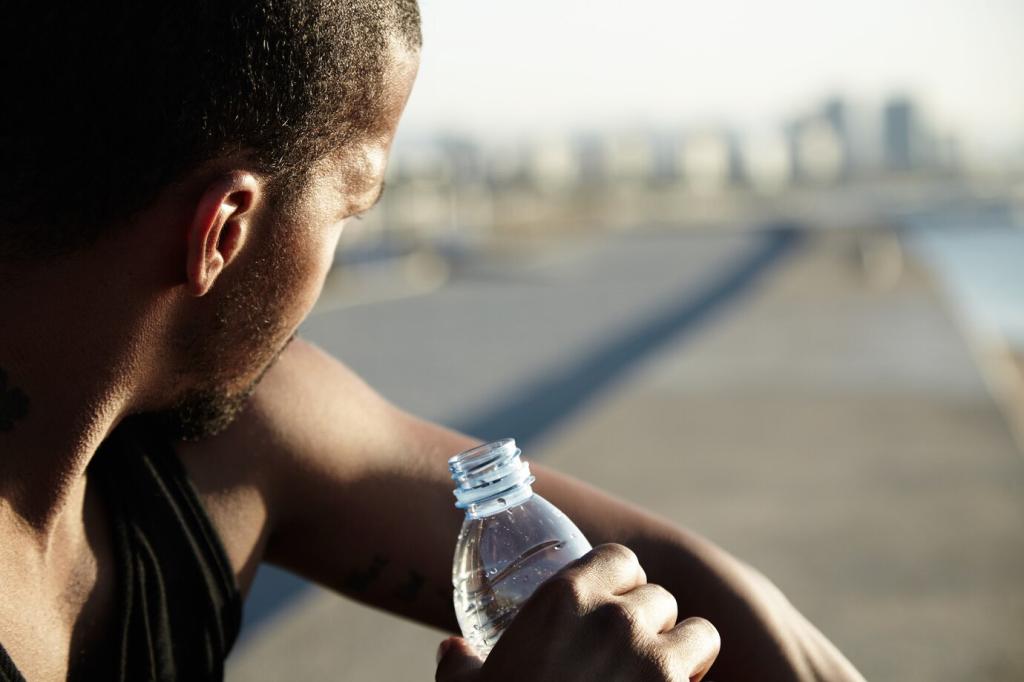Hydration Strategies for Athletes
Proper hydration is essential for athletes to maintain peak performance, prevent injuries, and support recovery. Dehydration can significantly impair physical and cognitive functions, reducing endurance, increasing fatigue, and heightening the risk of heat-related illnesses. Developing effective hydration strategies ensures that athletes can train and compete safely while optimizing their output. By understanding their individual hydration needs and recognizing the signs of dehydration, athletes can make informed decisions that support their overall athletic goals and well-being.


Factors Influencing Hydration
Several key factors influence an athlete’s hydration needs, including the duration and intensity of the sport, environmental conditions, and the athlete’s physiological characteristics. High temperatures and humidity can accelerate fluid loss through sweat, increasing the need for both water and electrolytes. Additionally, the type of clothing and gear worn can impact sweat evaporation and heat retention, further affecting hydration requirements. Recognizing these variables allows athletes and their coaches to adapt hydration plans accordingly, ensuring consistent performance and safety during training and competition.

Signs and Consequences of Dehydration
Dehydration can manifest through various symptoms, such as dry mouth, dizziness, fatigue, and decreased urine output. In severe cases, it can lead to muscle cramps, heat exhaustion, or even heatstroke, posing serious health risks. Beyond physiological effects, dehydration also impairs concentration and mental decision-making, both of which are critical for athletic performance. Understanding these signs ensures that athletes can respond promptly, rehydrate effectively, and avoid long-term complications associated with inadequate fluid intake.

Timing Hydration Intake
Proper hydration before exercise is not just about chugging water right before the event—it involves planning throughout the day. Ideally, athletes should begin hydrating hours before physical activity to allow the body to absorb fluids and reach the optimal state of hydration. Too much fluid consumed too quickly can lead to discomfort or frequent urination, disrupting pre-game focus. Staggering fluid intake, starting several hours before exercise and tapering off as the activity approaches, helps avoid these issues while ensuring the athlete arrives at the start line fully hydrated and ready to perform.
Fluid Choices for Pre-Exercise
Not all fluids are created equal when it comes to pre-exercise hydration. While water is generally the best choice, incorporating electrolyte-rich beverages can be beneficial, especially in hot or humid conditions or during longer events. Beverages containing caffeine or excess sugar are best limited, as they can lead to stomach upset or rapid fluctuations in blood sugar. It’s also vital to pay attention to individual tolerances—some athletes may perform better with a light sports drink, while others might stick strictly to water. Experimenting during training rather than during competition is the key to finding the ideal approach.
Avoiding Overhydration
While the dangers of dehydration are well-known, overhydration—often called hyponatremia—can also impair performance and be life-threatening. Consuming excessive amounts of plain water without sufficient electrolytes can dilute blood sodium levels, leading to confusion, nausea, and even seizures in extreme cases. Athletes should be mindful of their body’s signals and avoid drinking out of habit or anxiety about dehydration. Learning to balance fluid intake with practical knowledge of one’s own sweat rate and electrolyte requirements helps avoid both ends of the hydration spectrum and supports safe participation in sports.
